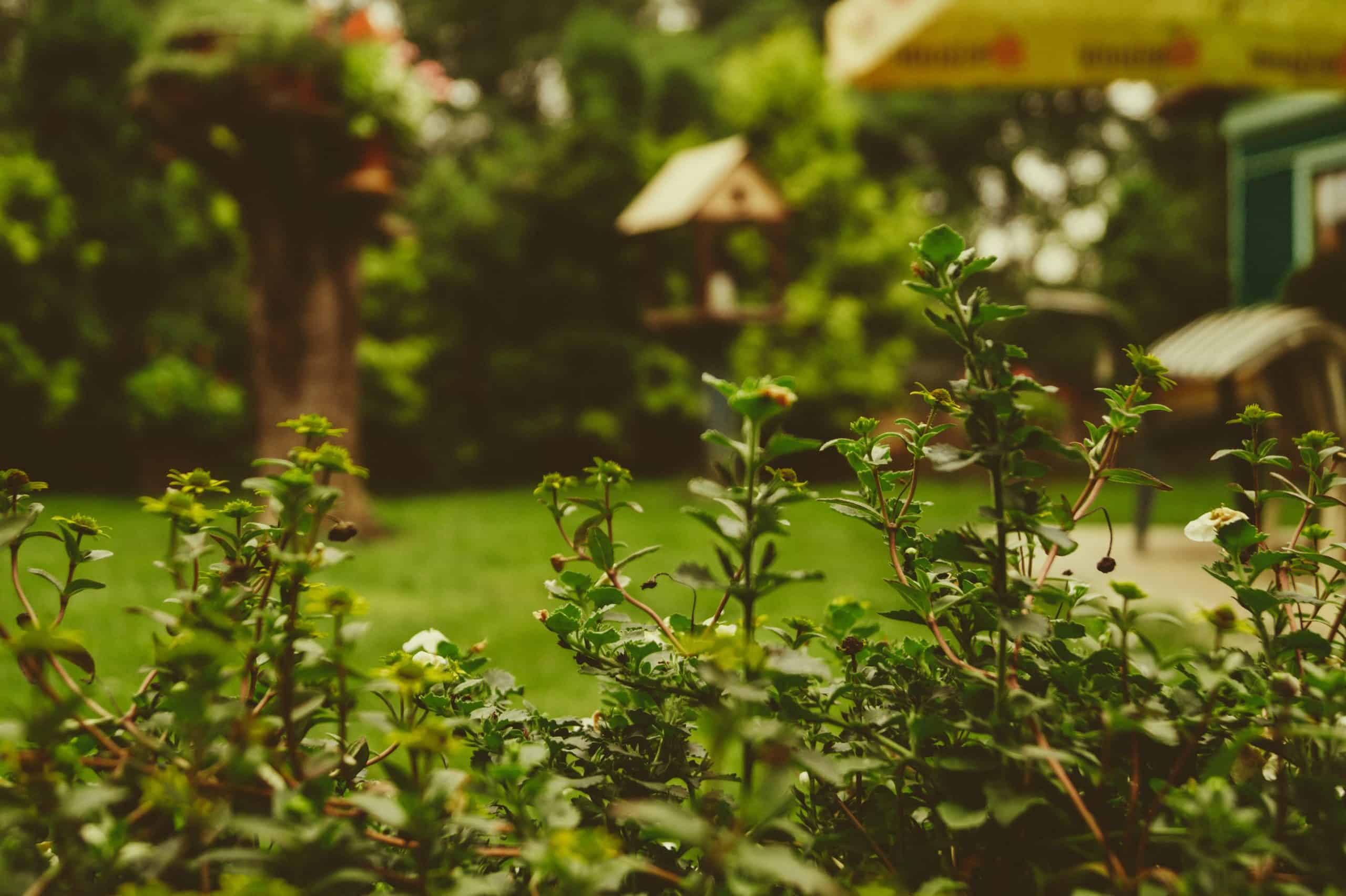Last summer, walking around the campus of Jesuit High, my newest assignment, I spied a patch of dirt that used to be a vegetable garden. I reminisced that I had enjoyed scratching around in the dirt as a child, and I figured I could start a dynamic gardening club at an all boys school. So, I picked up a shovel and broke ground sometime during the fall season last year. I invested a few hundred dollars in planters, dirt, saplings, and seeds, and spent dozens of hours planting, weeding, watering, and harvesting.
After weeks of work and waiting, I was ready to taste the sweet fruit of my labor. I picked up my fork and bit into some freshly picked arugula. It was bitter, almost to the extent of being inedible. I became bitter, too. All of that sweat and toil for some borderline inedible leafy greens? I quickly concluded that this whole gardening thing was a waste of time and money. Forget about a green thumb, I didn’t even have a green fingernail.
I stopped chewing physically and began to chew mentally and spiritually. I had to take a step back and look at my garden without the bitter taste of arugula in my mouth. It was time for an Examen. I asked God to give me His grace so I could see His hand in my gardening experience. And suddenly, like some invasive crabgrass, positives about my gardening experience flooded my mind.
I remembered how gardening re-awakened my sense of wonder. For example, how could something so small (a kale seed is about 1/32 of an inch), contain everything needed to germinate into a plant? How does a seed know it is time to germinate? And there was the wonder of seeing things grow every day. Something under my care was living and flourishing! The sense of wonder led me to meditate on the beauty and intricacy of God’s creation. God was holding my plants in existence and making them grow every day.
The flipside was the heartbreak when the plants died from sun exposure or uninvited critters shared in my bounty. I persevered and tried different plants in the hopes that I could find something (bitter and repulsive) that the raccoons would leave alone. I thought that Jesus needed to update his parable about the sower. Even seeds that fell on good soil and plants that were free from thorns did not bear fruit. Evidently, there were no raccoons in Galilee that chomped off the plants in good soil before they bore fruit.
While I felt no gratitude for the existence of raccoons, I was filled with appreciation for those who grow our food. These farm workers toil in all weather conditions in backbreaking postures for hours on end for unjust low wages. Our food industry is amazing in its efficiency (and injustice), but it also leaves us disconnected from our food sources. The hands that picked my food keep me alive every day in a very tangible way, and yet, I seldom think about them. I will now remember how my food comes to me as a result of both “the fruit of the earth and the work of human hands,” in the words of the prayer at Mass at the beginning of the offertory prayer.
Besides, having a garden was a great conversation starter. The non-gardeners were impressed that I was toiling away in the dirt, giving off the vibes of an expert gardener. My fellow gardeners shared their stories of misery, and strangely we bonded over the fickleness of plants. My students were amused when I excitedly shared stories about my minor successes. They promptly concluded that excessive Algebra 2 could lead to unexpected behaviors such as excessive pride in small plants later in life.
If nothing else, gardening was fun because I could get my hands dirty, and feel the warmth of the morning sun while singing Kelly Clarkson’s “whatever doesn’t kill makes you stronger.” Perhaps, my off-key singing led to the arugula and kale turning out to be so bitter. It was their final revenge, and they had the last laugh.
Randy Pausch wrote, “Experience is what you get when you don’t get what you wanted.” I did not get what I wanted. Many times, the vicissitude of life does not give us what we desire. And when I looked closely, there was more than a salad bowl in front of me. There were a slew of experiences mixed with the bitter herbs — both of which I learned to relish.
In this Easter season, Jesus invites me to look for new life among my many failures. On the face of it, my garden was a failure: it yielded a few scrawny bitter greens that I could only eat with a liberal serving of dressing. However, when I reflected on the experience, I noticed how gardening brought a newness to my relationship with God and my friends. It would have been nice if I had a successful garden filled with delicious vegetables. Something I could boast about with my aloof high school students. But even though the arugula turned out bitter, the lessons I learned and the journey of gardening itself were sweet.
Perhaps, a failed garden was the only way I could have had these experiences of praying with dirt, rejoicing in a small new leaf, and sharing war stories with fellow gardeners. Perhaps, God allowed my garden to fail, and through that failure He drew me in a little closer. He reminded me of my ultimate reliance on Him. Even if I had the best soil and the best seed, it is He who holds my garden in existence. And it is He who holds me in existence, in the palm of His hand.
I am grateful for my failed garden. It gave me a $300 bowl of salad with a dressing of experience.

